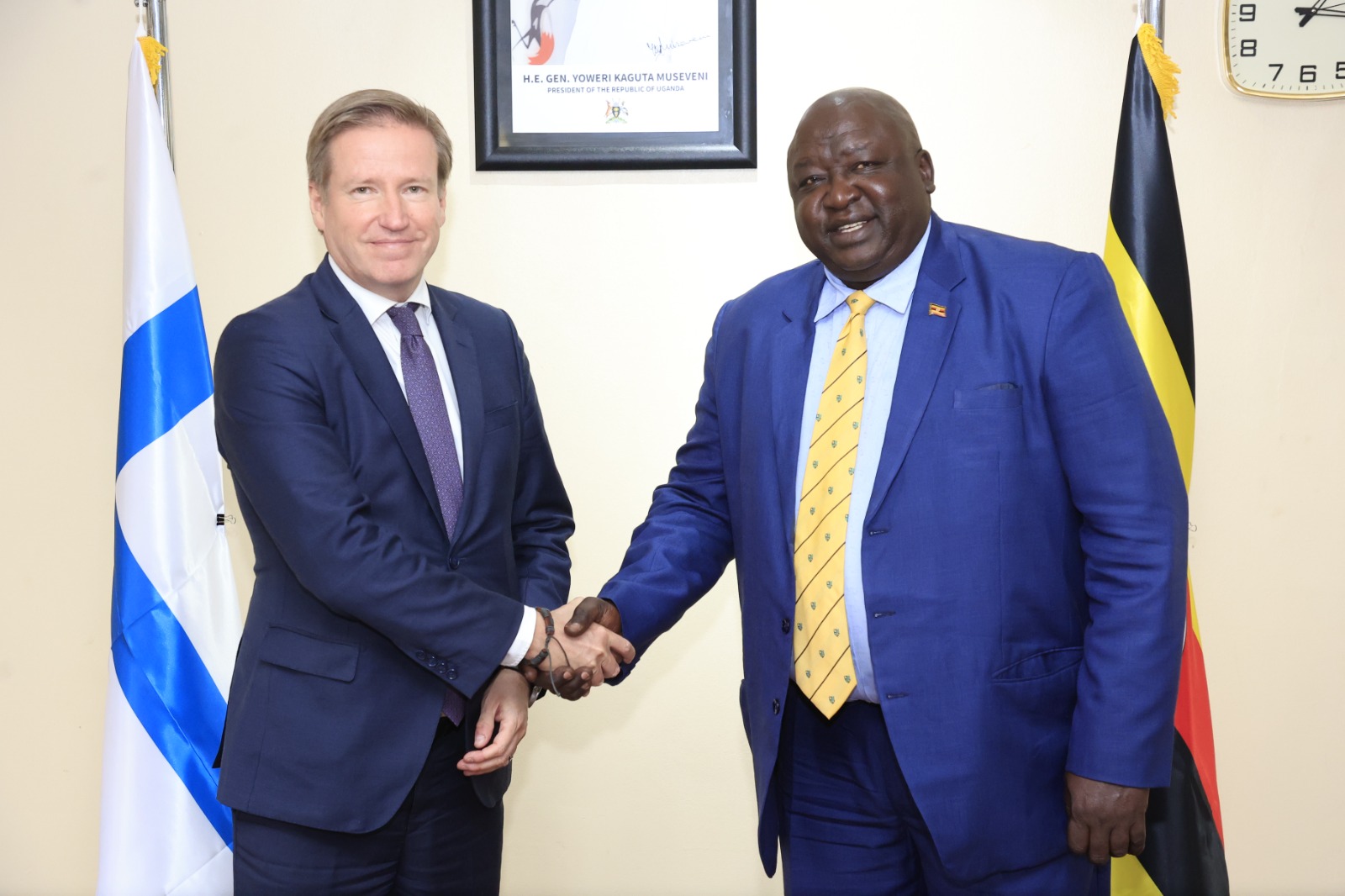Report reveals that refugees have been left out of Covid-19 vaccination exercise
A report by World Vision has revealed that refugees and internally displaced people, who are at high risk of contracting Covid-19, are the lowest priority group when it comes to vaccination.
The report, which was conducted amongst eight countries, including Uganda, warns that Covid-19 is now surging in lower income countries that do not have the resources needed to contain the virus and protect their own populations.
Despite identifying refugees as a priority group and targeting them as part of the national vaccine rollout, Uganda is among the nations struggling to climb the vaccination ladder and whose health systems are now overwhelmed due to another wave of the pandemic.
With just about 800,000 of its own citizens vaccinated, the country is still constrained to cover the 1.4 million refugees.
Only one refugee out of 1,914 surveyed in Uganda, Brazil, Colombia, DRC, Jordan, Peru, Turkey and Venezuela had received a Covid-19 vaccine, yet almost half of them say they are willing to take the vaccine if it is available to them.
"With less than 1% of Ugandans vaccinated, it is a challenge to reach the refugees, but extra effort must be made to prioritise the refugees because they face the highest risk from Covid-19 especially given the confined space they live in and the communal facilities they share," said Mary Njeri, the Refugee Response Director at World Vision Uganda.
The report indicated that higher income countries are vaccinating their populations 25 times faster than nations with lower incomes and have ensured that their most vulnerable people are protected. World Vision says they must now secure the same protection for the world's most vulnerable.
"The Covid-19 vaccine race has exposed an ever-growing health gap between the world’s ‘haves’ and ‘have nots," the report notes.
The survey shows 68% of the respondents had not even heard of plans for vaccinations in their communities, 47% thought they were not eligible or did not know they were.
It also indicates that 40% felt that children in the community were less safe while 68% said they cannot meet healthcare needs.
Last week at the G7, world leaders pledged to donate one billion Covid-19 vaccines to the world’s most vulnerable.
World Vision called on donor governments to ensure that this pledge turns into a reality and to secure equitable access to the vaccine for forcibly displaced people as a priority.
Despite more than 190 countries committing to COVAX, an initiative which aims to deliver 2 billion vaccine doses for at least 20% of the most vulnerable and high risk-groups by the end of 2021, deliveries are both underfunded and delayed.
"No one will be safe until everyone is safe. There will be no global recovery without inclusive, fair, and equitable access to vaccines, diagnostic equipment, and medicine," Njeri said.













